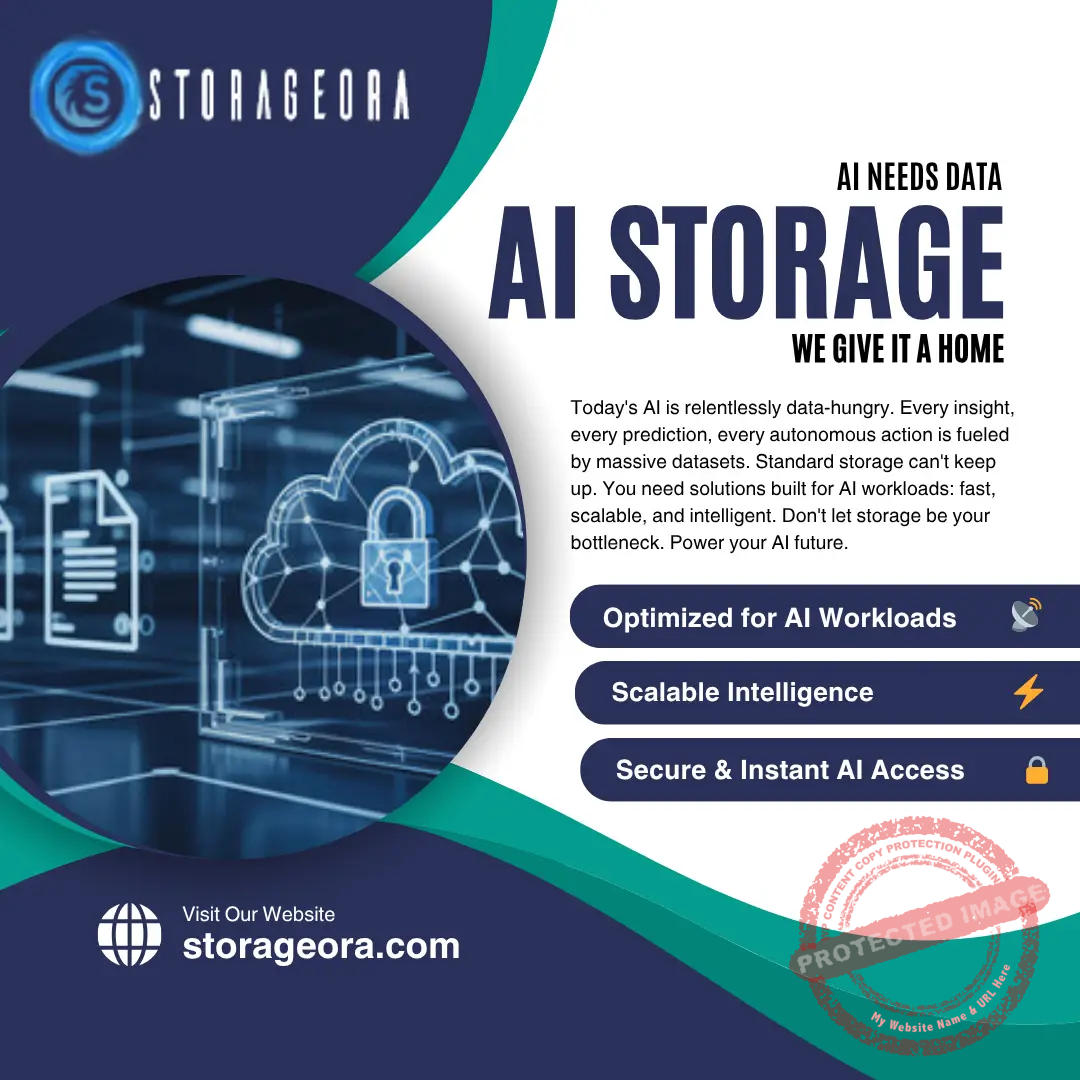How the World’s Shift Toward Data-Centric Thinking Is Redefining Business, Technology, and Human Experience
The Rise of the Data-Driven World
We live in a world where every action, transaction, and interaction leaves a digital footprint. From streaming a video to driving a connected car or swiping a credit card, data is continuously being generated—and captured.
This phenomenon, known as Datafication, represents the process of transforming every aspect of daily life into quantifiable, analyzable data. It’s the foundation of modern digital transformation—fueling Artificial Intelligence (AI), predictive analytics, automation, and decision-making at unprecedented scale.
In 2025, the global data sphere is projected to exceed 200 zettabytes. But beyond the numbers lies a more profound truth: data has become the world’s most valuable resource.
What Is Datafication?
Datafication goes beyond digitization. While digitization converts analog information into digital form, datafication turns human behavior, physical activity, and organizational processes into data streams that can be analyzed, optimized, and monetized.
Examples include:
-
Fitness trackers quantifying health metrics.
-
Connected vehicles measuring driving habits.
-
Smart cities collecting environmental and traffic data.
-
Businesses turning customer engagement into behavioral insights.
This transformation enables a feedback loop of intelligence, where every data point fuels deeper understanding and continuous improvement across systems.
The Business Impact of Datafication
Organizations are harnessing datafication to drive innovation, efficiency, and competitive advantage.
-
Operational Optimization: Real-time analytics helps companies identify inefficiencies, reduce costs, and improve performance.
-
Customer Personalization: Behavioral data allows for hyper-targeted products, services, and experiences.
-
Predictive Insights: Data-driven forecasting supports risk management and strategic planning.
-
New Business Models: Entire industries—from healthcare to logistics—are shifting from product-centric to data-centric ecosystems.
This evolution has given rise to Data-as-a-Product and Data-as-a-Service (DaaS) frameworks, where data itself becomes a tradable, monetizable asset.
AI and Automation: The Engines of Datafication
AI and automation sit at the heart of the datafication movement. Machine learning models ingest vast quantities of structured and unstructured data to detect patterns, generate predictions, and power autonomous decisions.
-
AI models transform raw data into actionable intelligence.
-
Natural Language Processing (NLP) converts conversations into insights.
-
Automation tools execute repetitive, data-driven workflows with precision.
The more data systems collect, the smarter they become—a continuous cycle of self-reinforcing intelligence that powers everything from personalized medicine to autonomous vehicles.
Datafication in Everyday Life
Datafication touches virtually every aspect of modern living:
-
Healthcare: Wearables and IoT medical devices continuously monitor patient health.
-
Retail: AI-powered analytics personalize shopping experiences.
-
Transportation: Smart logistics optimize routes based on real-time conditions.
-
Education: Learning platforms adapt to student performance data.
-
Government: Public services leverage open data for smarter policy-making.
In effect, data has become the connective tissue linking the digital and physical worlds.
Challenges: Privacy, Bias, and Data Overload
While datafication drives progress, it also raises critical concerns:
-
Privacy: Who owns the data we generate, and how is it used?
-
Bias: Algorithms trained on biased data can perpetuate inequality.
-
Data Overload: Organizations often collect more data than they can meaningfully analyze.
-
Security: Data breaches and cyberattacks threaten the integrity of digital trust.
Addressing these challenges requires strong data governance frameworks, ethical AI practices, and transparency in data use.
The Human Side of Datafication
Datafication doesn’t just change technology—it changes society. People are increasingly defined by the data they produce, creating a “digital self” that influences employment, credit, healthcare, and even social interactions.
The question for the future is not whether data will define us—but how we will define our relationship with data. Ethical stewardship, consent, and digital literacy will be essential to ensure that data empowers rather than exploits humanity.
Closing Thoughts and Looking Forward
Datafication is the defining force of the 21st century economy. It is transforming industries, redefining value creation, and reshaping what it means to live in a connected world.
As organizations continue to evolve from data collectors to data strategists, the key to success will lie not in the volume of data they possess—but in the wisdom they extract from it.
The age of datafication is not about numbers; it’s about understanding—turning raw information into insight, and insight into action.
References
-
“The Datafication of Business and Society” – World Economic Forum
https://www.weforum.org/agenda/2024/05/the-datafication-of-business-and-society -
“Datafication and the Future of Work” – Harvard Business Review
https://hbr.org/2024/08/datafication-and-the-future-of-work -
“AI and the Era of Data-Driven Intelligence” – McKinsey & Company
https://www.mckinsey.com/capabilities/quantumblack/our-insights/ai-and-data-driven-intelligence -
“What Is Datafication? Understanding the Trend” – TechTarget
https://www.techtarget.com/whatis/definition/datafication -
“The Ethics of Datafication” – Oxford Internet Institute
https://www.oii.ox.ac.uk/research/projects/the-ethics-of-datafication
Author: Serge Boudreaux – AI Hardware Technologies, Montreal, Quebec
Co-Editor: Peter Jonathan Wilcheck – Miami, Florida
Post Disclaimer
The information provided in our posts or blogs are for educational and informative purposes only. We do not guarantee the accuracy, completeness or suitability of the information. We do not provide financial or investment advice. Readers should always seek professional advice before making any financial or investment decisions based on the information provided in our content. We will not be held responsible for any losses, damages or consequences that may arise from relying on the information provided in our content.





 AMD
AMD TMC
TMC IE
IE MSI
MSI NOK
NOK DELL
DELL ECDH26.CME
ECDH26.CME